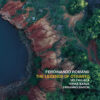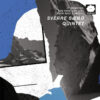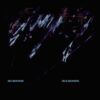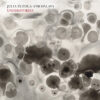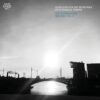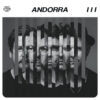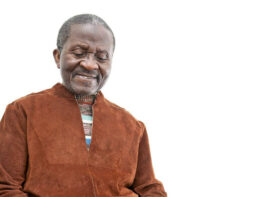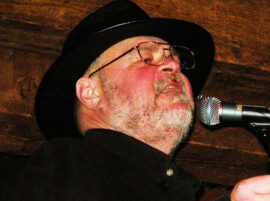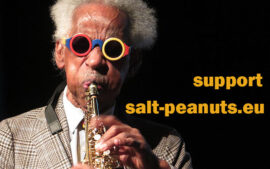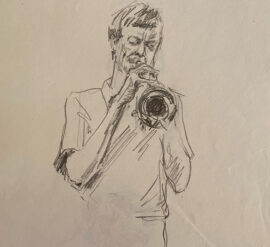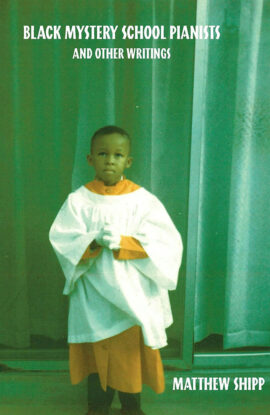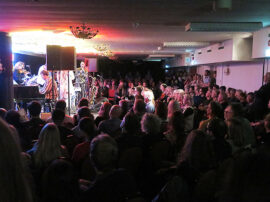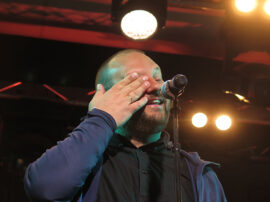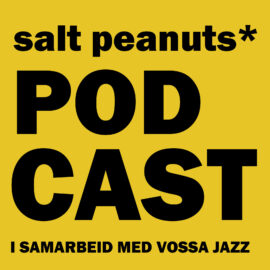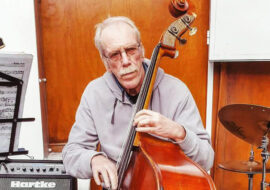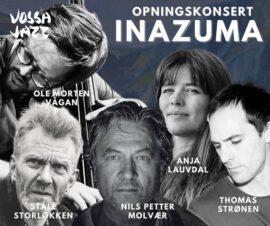
The first solo album of Catalan, Lisbon-based, free jazz sax player Albert Cirera is a unique experiment with saxophones. Cirera follows British master free-improviser Evan Parker parable-kōan about this reed instrument: «the saxophone can just as well be seen as a closed tube that can be opened in various ways or as an open tube that can be closed in various ways». Cirera reinvents the sonic scope of this metal tube, surrendering himself totally to the sudden, intense shifts of the energy, flowing between himself and the saxophone.
Obviously, Cirera is not the first or the only improviser who attempts to push the saxophone to its outer limits. Parker, fellow British master John Butcher, Norwegian Torben Snekkestad or French Christine Abdelnour, already have explored these uncharted terrains, each on his own personal way. But Cirera daring improvisations suggest a different strategy, not focused on form, structure, or extended breathing techniques, multiphonics or overtones. Cirera searches in his uncompromising manner for raw, fresh sounds, Sounds that he has never heard before; sounds that demand him to abandon any comfort zone; and sounds that will challenge all he knew about the saxophone or free improvisation. Sounds, as his friend and close collaborator, pianist Agustí Fernández, mentioned in the insightful liner note, will force him to tell us «things that he did not know he could tell, or he did not want to say; or he does not realize that he is actually telling us. It doesn’t matter, he is telling».
There is no importance if Cirera’s metal tube was open or close, or how he played or touched the saxophone and its keys – with fingers, lips, tongue, nose, lungs and even legs or just by simply creating electric hums and feedback by bringing it close to the microphone. In these 11 short improvisations, structured as a continuous suite that was recorded on June 2017 in Lisbon, Cirera immersed himself with the surprising, capricious and disturbing new sounds, allowing these weird, otherworldly and industrial sounds lead him, trusting his immediate, ego-less instincts and his trusty instruments. One of these delicate improvisation, «Lisbon oneiric’s book», even offers an emotional, lyrical story. And as Fernández observed: «these sounds awaken another music, and evidently narrate another story. This is not the story of an idealized past or a utopic future, but the story of today, told here and now only by musicians like Albert Cirera».
Eyal Hareuveni
Albert Cirera (ts, ss prep. s)

